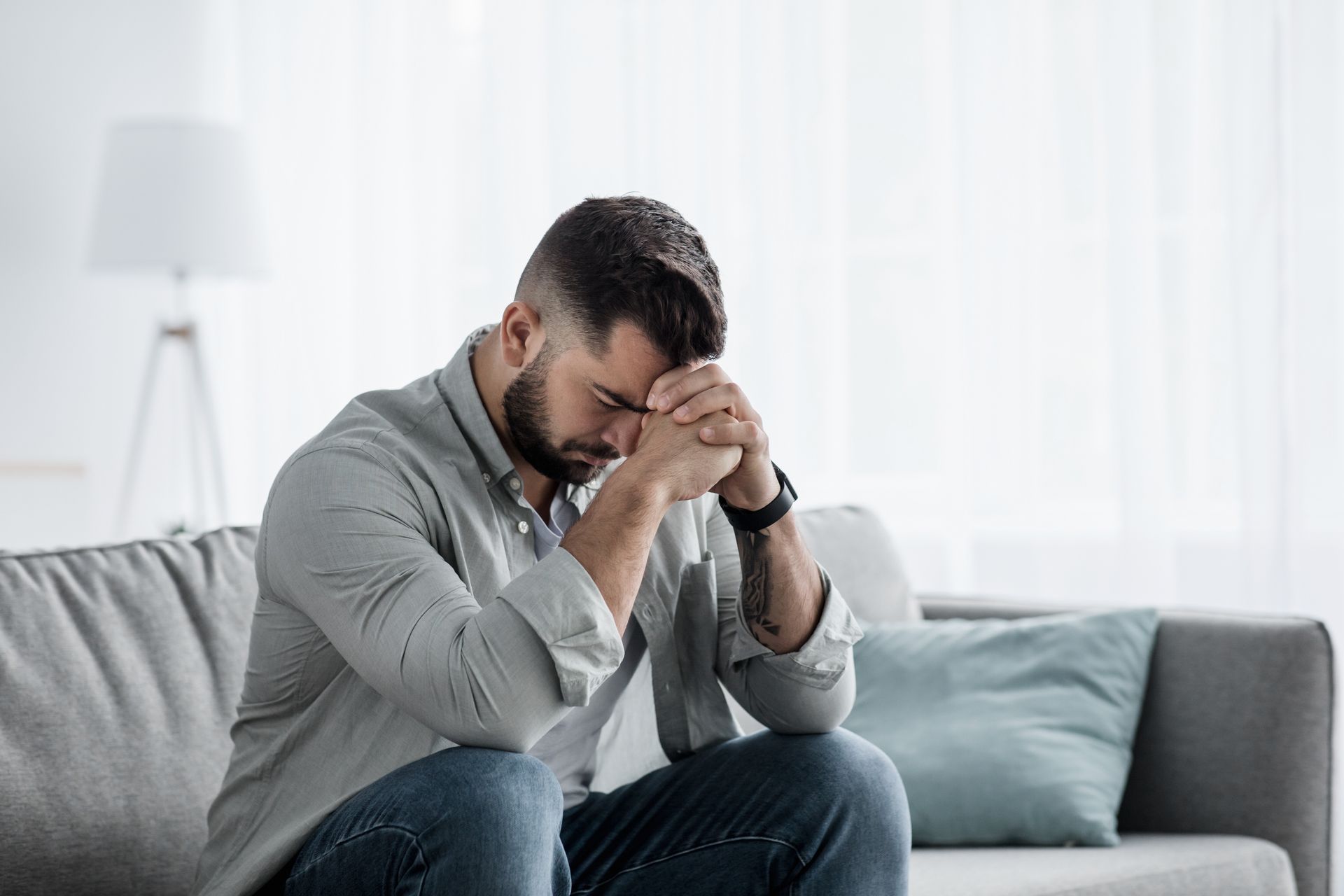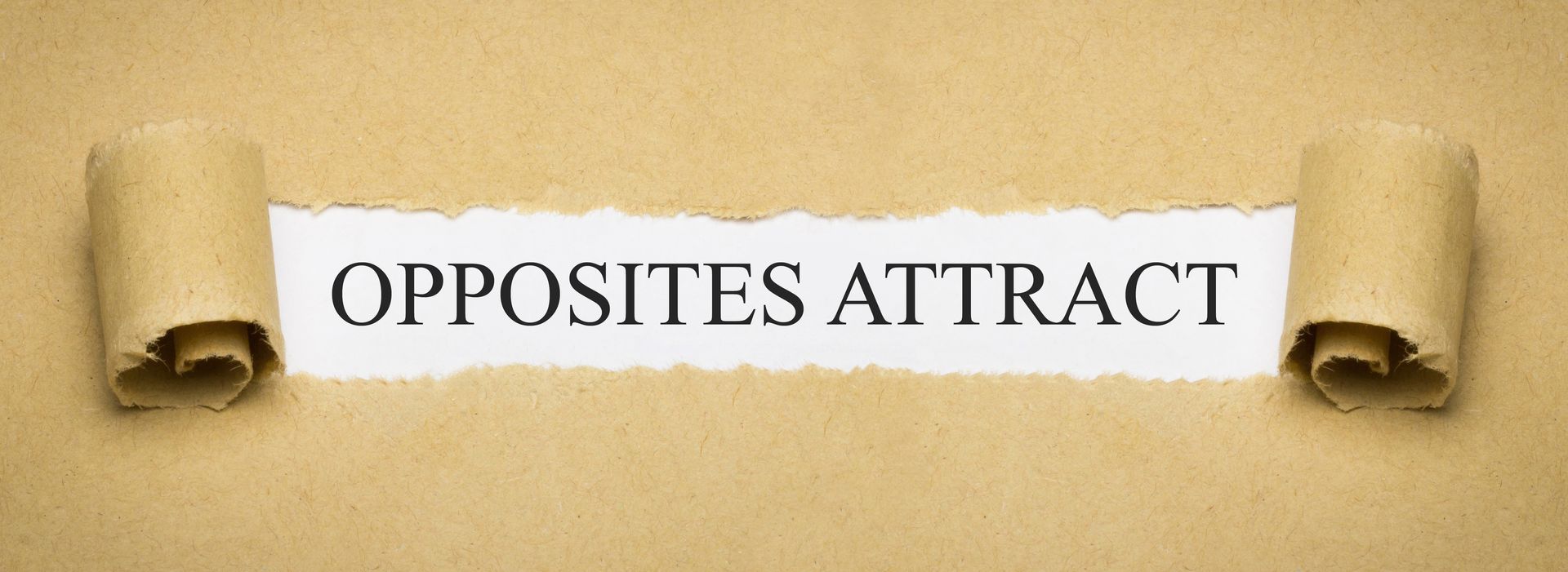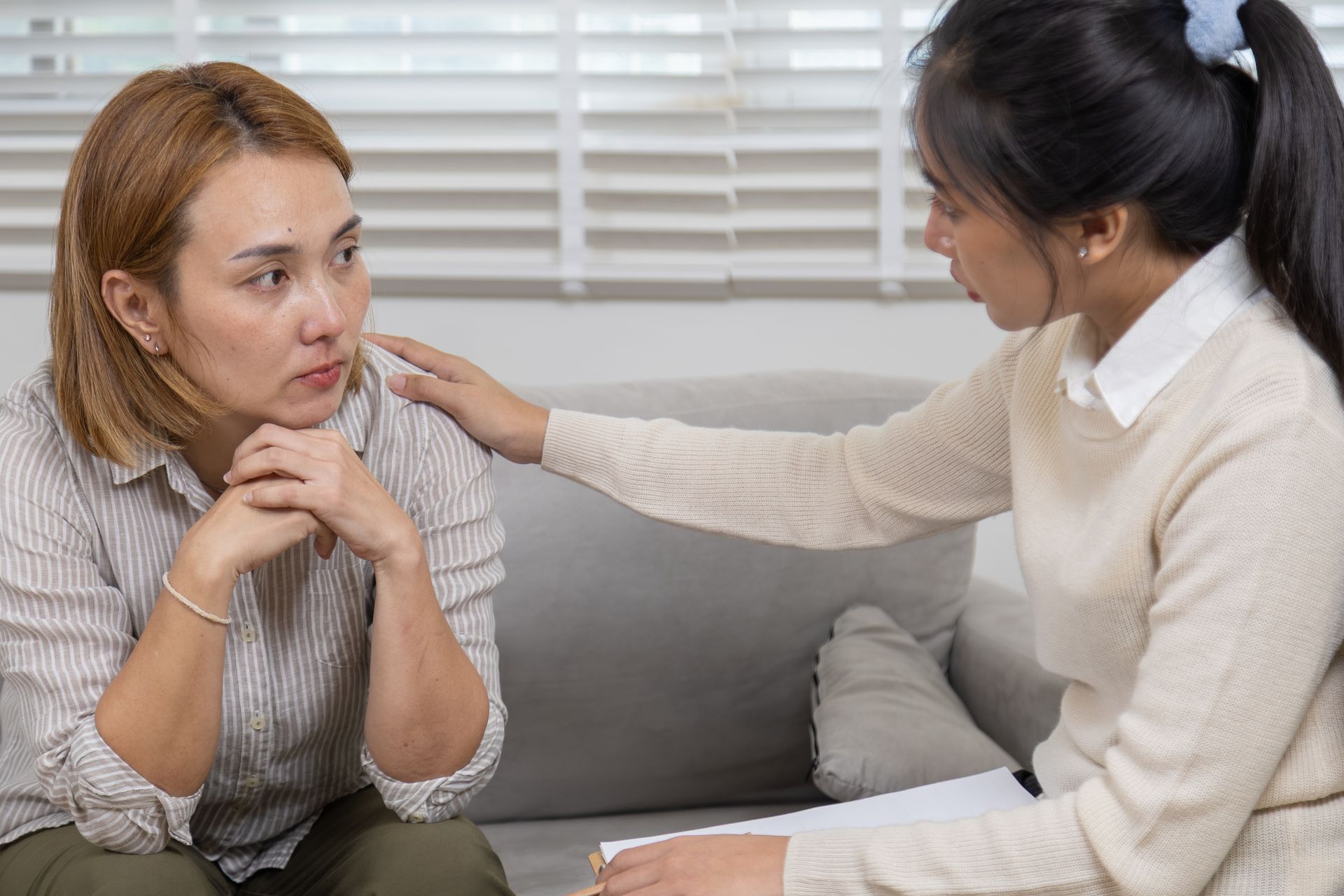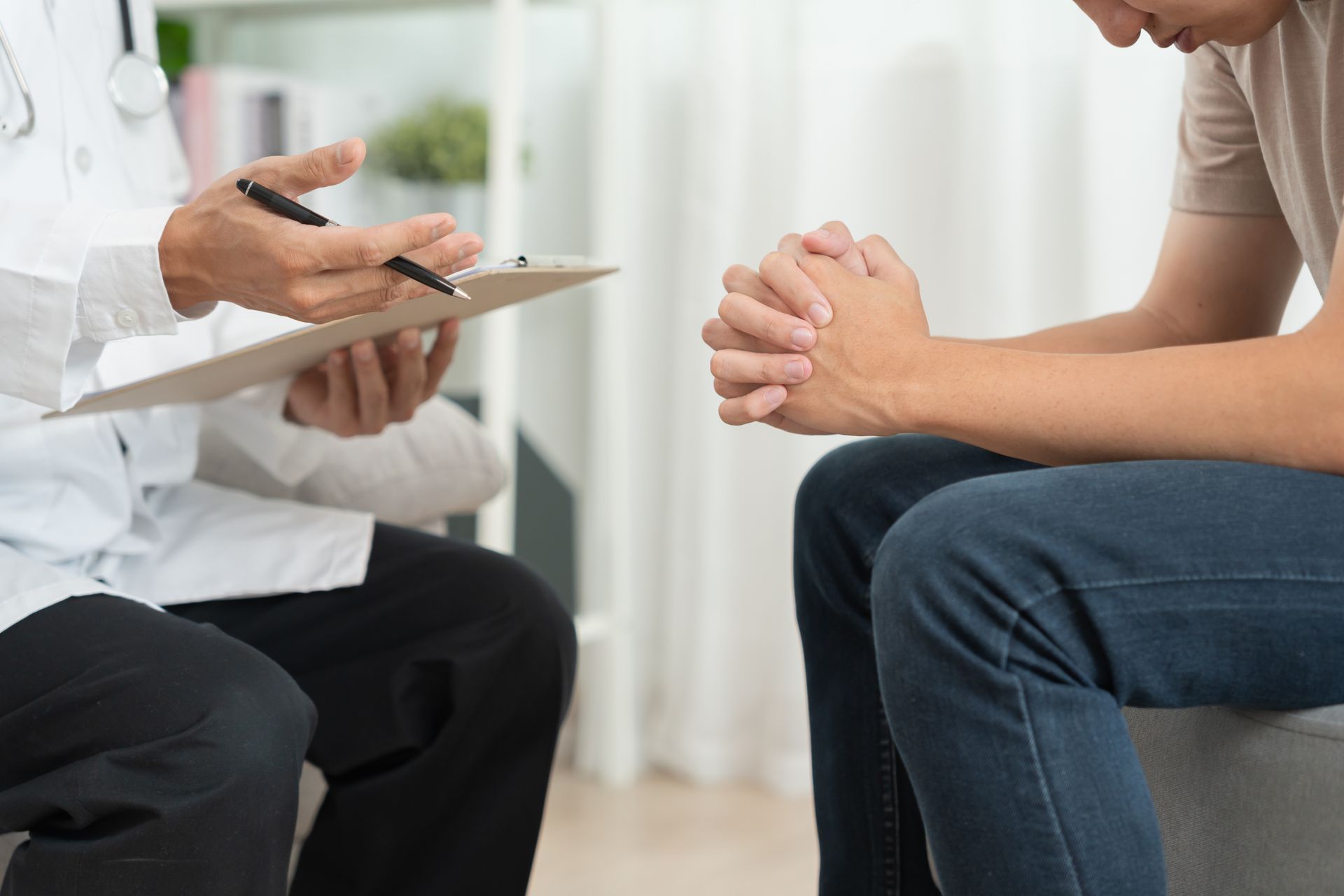Is Your Depression Getting Worse? Here Is What You Can Do.
Is your depression getting worse? It could be. Every year, more than 16.1 million individuals in the United States suffer from depression. Chronic or severe depression, for example, might make it difficult to determine when it's time to seek treatment. This can be due to the fact that depression symptoms come and go, and by the time you start falling into your next depressive episode, you may not fully recognize it's occurring.
When depression worsens, it may take over your life and you have little control over it, but when you know and identify the signs, you are better prepared to seek treatment.
If you have the familiar sense that despair is reclaiming your life and you're asking why your depression is worsening, it's critical to understand where to seek help and take a depression test. Then you can control your depression and go about your daily life. Depression and its symptoms can be treated.
- How to tell if your depression is getting worse
- Tips on how to improve your depression
- Reach out to a specialist
- The importance of seeking help
- Final thoughts
This article will discuss how you can tell if your depression is worsening and what you can do about it.
How to Tell if Your Depression is Getting Worse
The hard part about diagnosing depression is that you might not feel like you’re depressed at first. It’s difficult to spot and diagnose. Signs of depression worsening may not always be visible at first. Part of this is due to the fact that worsening depression can create a variety of symptoms. Your depression might progress from poor to worse, or from nonexistent to extremely terrible, in a matter of days, causing a noticeable shift in mood. Changes in your mood, on the other hand, may occur gradually, making it even more difficult to recognize that, oh, my sadness is getting worse.
These are some common signs of your depression worsening:
- Wanting to be alone more often
- You don’t find pleasure in the things you were once interested in
- There are parts of your day when your mood worsens
- Your emotions intensify
- Sadness
- Hopelessness
- Feelings of guilt, worthlessness, or shame
- Pessimistic outlooks
- Feeling numb
- Catastrophic thinking
- Difficulty concentrating
- Experiencing memory problems
- If any of the symptoms get more severe, you may discover that you're:
- You're becoming increasingly concerned about what others think of you.
- Fixating on negative thoughts obsessively
- Believing that you are a burden to your loved ones
- Consider self-harm as a means to relieve stress or combat numbness.
- Crying more frequently than in the past
- Having more suicide ideas, even if you don't intend to act on them
Tips on How to Improve Your Depression
If you suddenly notice your depression is worsening, the good news is that you are aware of it. Fortunately, there are some specific things you can do to help when your depression episodes become more severe.
You can do the following:
- Ask for help from someone you trust
- Change or add medication to your treatment
- Work on your daily habits
- Exercise
- Meditation
- Reach out to a therapist
Reach Out to a Specialist
A specialist can help you get back on track. If you're feeling like your sadness is getting out of hand, calling your therapist to check if they have any last-minute appointments is a good idea. Even if they can't see you immediately, they may sometimes help you recall some of the coping methods you've likely worked on together in your sessions. You might be able to employ some of those approaches until your next appointment with your therapist.
The Importance of Seeking Help
Depression can be difficult to manage on your own, especially if you observe symptoms of depression worsening. As a result, it's critical that you get assistance before your depression becomes so severe that it paralyzes you.
Virtual Psychiatric Care will connect you with a specialist who meets your needs. We make mental health care accessible, safe, and rapid. With our professional network of therapists and prescribers, help is never far away.
Final Thoughts
Whether you are someone who feels like you are depressed or someone suffering through depression, you have to take care of yourself. Your mental health shouldn’t be a second thought. It’s a priority. A healthy mind and body can make a difference in your life. Depression affects many people. You don’t need to suffer it alone. If you find that you are suffering or going through difficult times, don’t be afraid to seek help. You can overcome depression with the right help and treatment plan.












